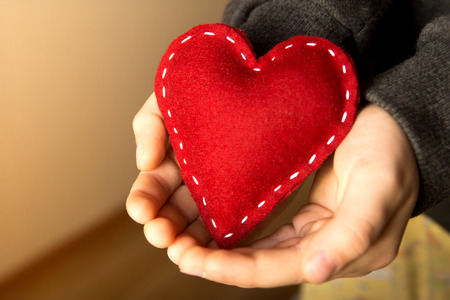Be kind whenever possible. It is always possible.
Dalai Lama
The Coronavirus Pandemic has taught us much. For better or for worse. In some instances, it has taught the value of togetherness, compassion, sharing, and kindness. In others, it has increased feelings of fear, scarcity, and mistrust. It’s easy to get caught up in the complaining, catastrophizing and conflict. It’s natural to fight our way through adversity to overcome the danger and survive. And yet the fight response is not built to endure chronic long-term danger. And the enemy is not each other.
Times of collective pain call for compassion, kindness, and collaboration. When a community in suffering works together, restoration and healing happens. Remember the fires in Fort McMurray? The floods in Calgary? The commonality of the trauma brought people together – working together, restoring together, and healing together. People carrying gas cans long distances to those whose cars had run out of gas in the line up out of town. People opening their car doors to people who were trying to walk out of danger of the fires. People coming to homes with buckets, wheelbarrows, and wash rags to help clean up the debris. Bringing food to people whose homes were destroyed. Adding a few bucks onto their grocery bill to donate to the communities in need. Seeing people. Recognizing the hurt and confusion and fear. And responding in kindness. Treating others the way I would like to be treated.
We all need and thrive on kindness. Being kind to another stimulates “feel good1” hormones in our bodies that make us feel good both physically and emotionally. It lowers anxiety and stress. It gives us something to do in situations where we feel powerless. It nurtures relationships and can help alleviate feelings of social isolation. It boosts self-esteem by enhancing feelings of self-worth and self-efficacy and belonging. And, for those who are more skeptical, kindness can be practiced as an “opposite action2” – identified by Marsha Linehan (DBT) as doing the opposite of what we have an urge to do when our emotions and reactive urges don’t fit the situation. In other words, when we have an urge to compete, complain, or conflict, we can use kindness instead to potentially bring about a more positive outcome for ourselves and others.
Those of us in human services are good at being kind. You CASSians are brilliant with kindness! You do it everyday with the people you work with and for. But even we can sometimes get into a slump. And it’s been a long and arduous 9 months. We’ve been worn out and worn down. Kindness can invigorate the giver and the receiver. This week, as we come nearer to the end of this difficult year, aim to be intentional and creative with your kindness. Go out of your way to find a new and touching way to be kind to another being and see what effects it has on you and the other. See if it puts a little skip in your step 🙂
Take a look at the Random Acts of Kindness website (https://www.randomactsofkindness.org/kindness-ideas) where they have a list of kindness ideas, as well as downloadable posters, bookmarks, Kindness Bingo!, and calendars to inspire you each and everyday.
stay well,
Melanie
References:
1. Quote Source:https://www.randomactsofkindness.org/kindness-quotes/144-be-kind-whenever-possible-it
2. https://www.happiness.com/en/magazine/science-psychology/benefits-of-kindness/
2. https://www.sunrisertc.com/opposite-action/
Resources:

